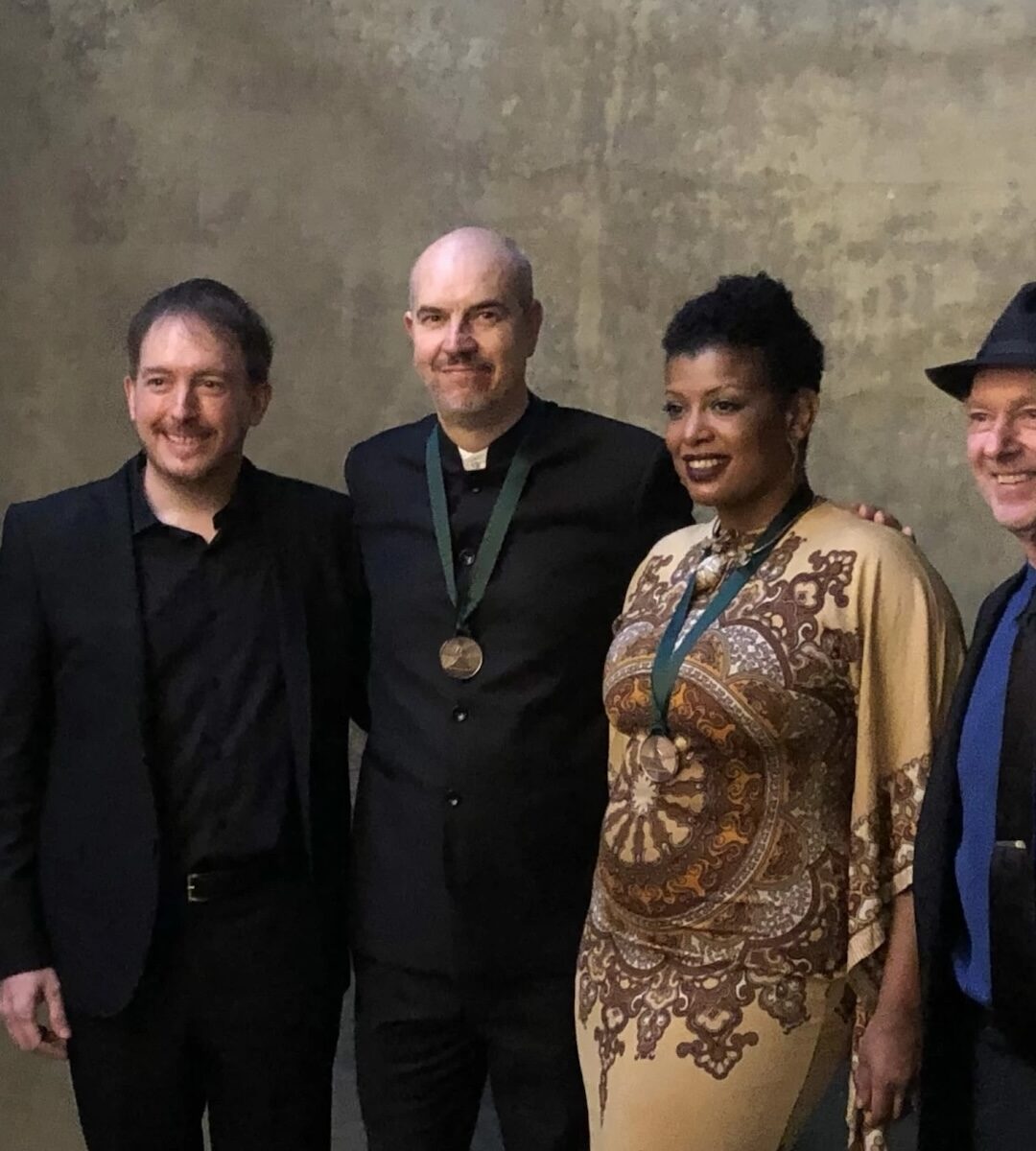There’s a certain magic in percussion that doesn’t shout for attention yet changes the feel of the music. Rogerio Boccato has that magic. Across Vã Revelação, Sorte!, and Bastille Day, his playing is a study in subtle power—textures and pulses that guide the music without crowding it.
The Brazilian influence in Boccato’s playing comes to the forefront in his playing behind Bruna Black on her album Vã Revelação and on Sorte! Featuring Thalma de Freitas. Rogerio’s percussion leans into samba, bossa nova, and other Afro-Brazilian grooves. He paints with rhythm—shakers, brushes, and hand percussion all used to build an atmosphere that is lived-in and authentic.
Then there’s Bastille Day, a more intimate setting with vocalist Magos Herrera, pianist Dan Tepfer, and cellist Hamilton Berry. Here, Boccato plays with space as much as sound. Each stroke, whether a soft cymbal wash or a muted hand-drum hit, serves as a quiet conversation with the other instruments. In this context, his percussion becomes part of the emotional storytelling, underlining the piece’s sense of reflection and strength.
Across these projects, Rogerio Boccato proves that great percussion playing is as much about listening as playing. His rhythmic craftsmanship lies in knowing when to move the music forward and when to simply let it breathe—making him an indispensable part of the Green Flash sound.

